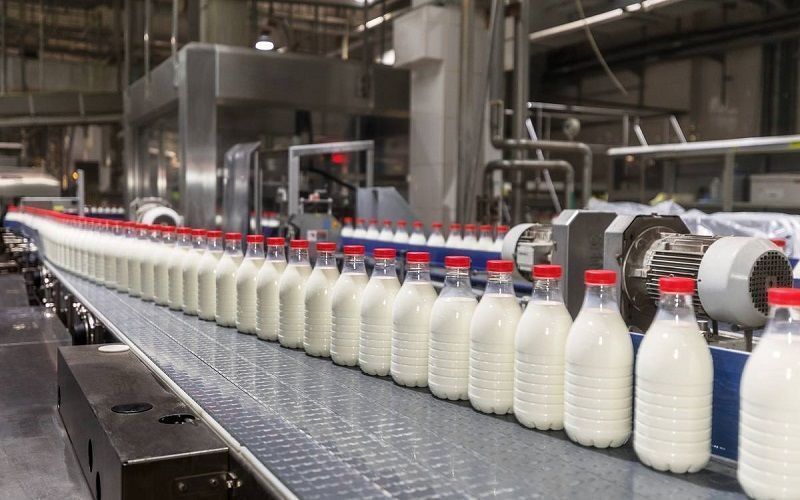Arla and DMK Unlikely to Be Last Big Deal in Europe’s Stagnant Dairy Market

Not even four months after FrieslandCampina and Milcobel set out plans to merge, another pair of European dairy groups have announced they are to join forces – and they are unlikely to be the last.
On Tuesday, Denmark-based Arla Foods and Germany’s DMK outlined a deal they said would create the "largest dairy cooperative in Europe".
The new co-op is to have more than 12,000 farmers across seven countries and a pro-forma revenue of €19bn ($20.75bn). The two cooperatives, who have worked together in the past in areas like whey processing, believe the merger will provide resilience amid an anticipated decline in the overall European milk pool.
"By uniting resources, we enhance our product portfolio and expand globally, reaching over 160 markets to ensure stable food production. This synergy strengthens our investment and innovation capabilities, driving new technologies and sustainable practices," Tuborgh said.
The maturing of Europe’s dairy market into a low-growth industry makes deals like this understandable – even if it coming so soon after FrieslandCampina and Milcobel announced their plans might have raised some eyebrows. "I think the current situation in the EU calls for combining strength, let’s put it that way," Mark Voorbergen, a Netherlands-based dairy industry consultant and partner at Claassen, Moolenbeek & Partners, says.
Europe’s dairy processors are operating in an industry facing stagnant consumption and falling production, with a forecast by The European Commission indicating a 0.1% annual decline in consumption up to 2035. Opportunities in cheese, whey and functional dairy ingredients are still present.
The merger situates Arla and DMK in a favorable position to leverage opportunities in cheese and whey processing, given their history of collaboration.









